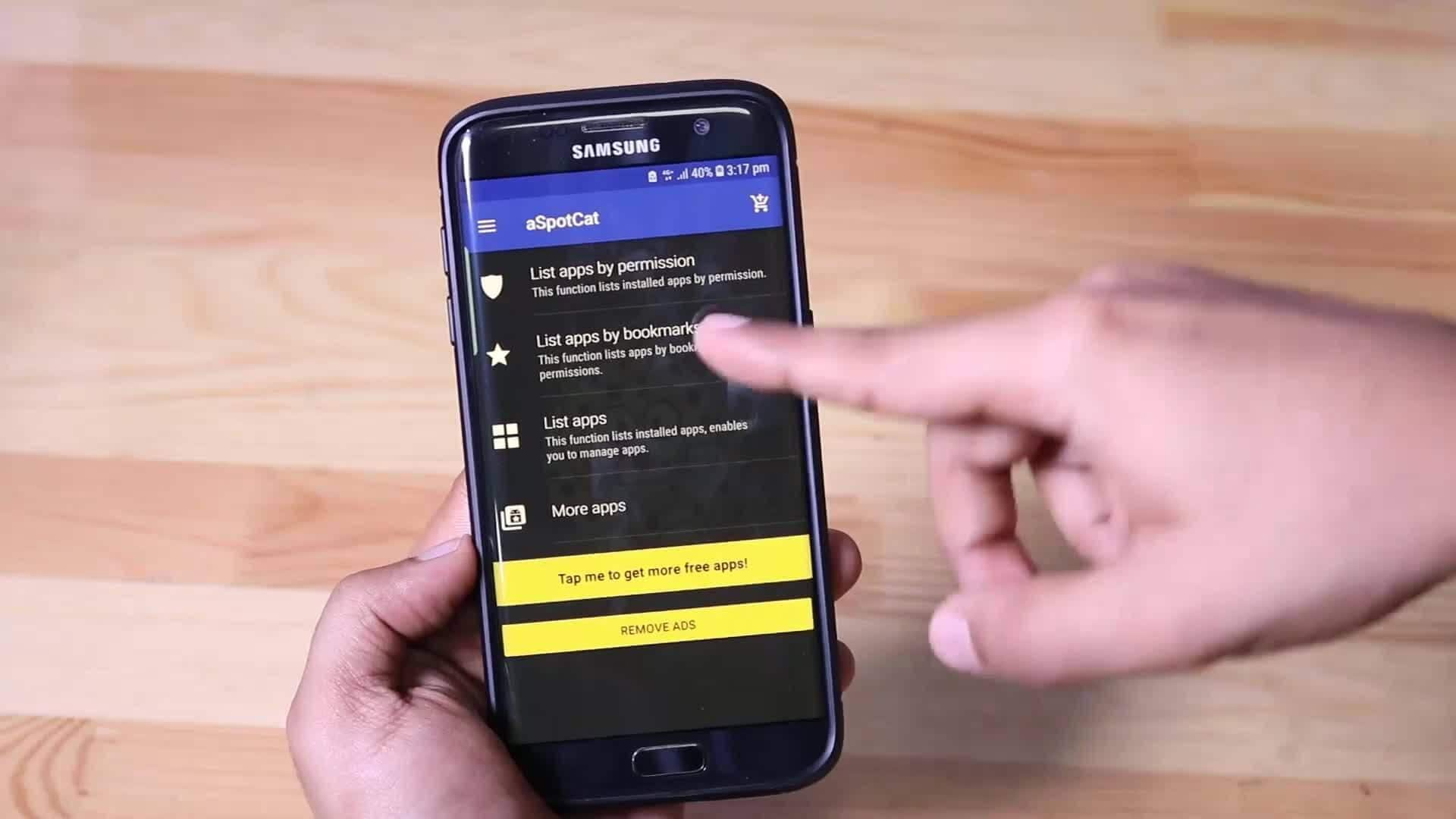
A beginner's guide to app permissions
What's the story
In today's digital age, smartphones have become an integral part of our lives. However, the apps we use on these devices often require access to various permissions that can affect our privacy and security. Understanding how to manage these permissions is crucial for protecting personal information. This article provides a beginner's guide to app permissions on smartphones, offering practical tips and insights to help users navigate this aspect of their devices effectively.
#1
Understanding app permissions
App permissions are the rights that applications request to access certain features or data on your smartphone. These can include access to your camera, microphone, contacts, location, and so on. When you install an app, it usually asks for these permissions. However, not all apps need every permission they request. Knowing what each permission entails can help you make informed decisions about which apps should have access to what.
#2
Reviewing permission requests
When you install an app, it will ask for certain permissions. It is important to pay attention to these requests and question whether the app really needs them. For instance, a simple game shouldn't require access to your contacts or location. If an app requests unnecessary permissions, it may be a red flag about its intent. Always review these requests before giving your consent.
#3
Managing permissions post-installation
Smartphones allow you to manage app permissions even after installation. By going into your device's settings menu, you can see which apps have access to specific features and adjust them accordingly. This way, you can revoke any permissions that seem excessive or unnecessary over time as your usage patterns change.
#4
Keeping apps updated
Keeping apps updated is important for security and functionality. Developers frequently release updates to fix bugs and improve security measures. By keeping apps updated, users can ensure they have the latest protections against potential vulnerabilities that could be exploited if outdated versions are left unchecked. Regular updates help maintain the integrity of both the app itself and the overall device ecosystem.